Hi! Our privacy policy explains how we use your data and cookies. By continuing to browse the site, you're agreeing to our use of cookies.
2/19/2026 5:14:48 PM
Phytochemicals - Polyphenols
The Worlds Science
What are phytochemicals?
Phytochemicals are chemicals produced by plants. These are the chemicals that plants use to defend themselves against disease.
For example, plants protect themselves against bacteria, fungi, viruses and cell damage with phytosterols, carotenoids, flavonoids, isothiocyanates and similar chemicals. Research has shown that these same chemicals can prove equally beneficial to the human body, helping in areas like cancer, heart disease and diabetes prevention1.
Can phytochemicals protect against cancer?
The National Cancer Institute has determined in laboratory studies that more than 1,000 different phytochemicals may possess cancer-preventive activity.
It is estimated that there could be more than 100 different phytochemicals in just a single serving of vegetables. Numerous cell-culture and animal model studies have been conducted to evaluate the ability of specific edible plants to prevent cancer.
As early as 1980, the NCI’s Chemoprevention Programme began evaluating phytochemicals for safety, efficacy and applicability for cancer prevention.
Michael Sporn coined the term ‘chemoprevention’ in the mid 1970s to describe the strategy of blocking or slowing the onset of tumours with relatively nontoxic chemical substances.
The NCI has more than 400 potential agents under investigation and is sponsoring more than 65 Phase I, Phase II and Phase III chemoprevention trials. These involve various substances or their mixtures, many of which are food borne phytochemicals3.
Are phytochemicals antioxidants?
Phytochemicals are often accredited as being antioxidants, however their antioxidant (cleansing & repairing) activity is far less powerful than their positive influence on cell signalling. Healthy cell signalling is vital in the prevention of the distortions that lead to cancer4.
Studies have consistently shown that diets high in fruit and vegetables reduce the risk of chronic disease, however the complex interactions between recognised and unidentified phytochemicals is not yet fully understood.
Evidence that very high doses in the form of supplements of individual phytochemicals are beneficial is inconsistent and weak adding to the argument to eat naturally to maximise the as yet not fully understood interactions between phytochemicals.
How we group phytochemicals on checkyourfood.com
Phytochemicals on checkyourfood.com have been grouped into flavonoids, isoflavones, phytosterols, lycopene and lutein and zeaxanthin.
We have also highlighted some specific phytochemicals from within these groups such as quercetin as studies have been conducted into them specifically.
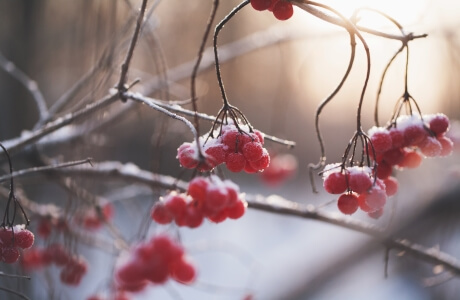
291
445
https://www.checkyourfood.com/content/blob/Micronutrients/top-foods-for-Phytochemicals-Polyphenols.jpg

The personalised nutrition platform for health hungry people
beyond food - Add to food diary - Add a recipe - Add a menu plan - My recipes - My reports - My profile
Copyright 2026 - Terms and conditions - Privacy Policy - Contact us -

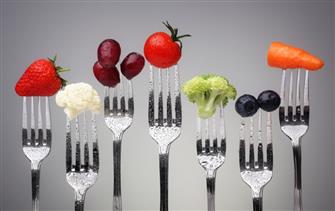 About nutrients
About nutrients
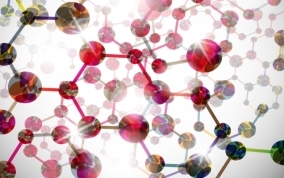 All nutrients
All nutrients
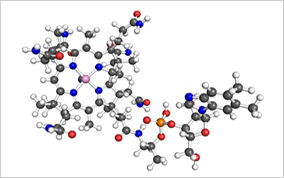 vitamins
vitamins
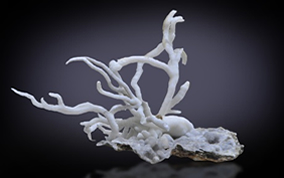 minerals
minerals
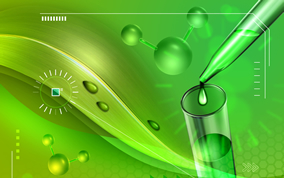 phytochemicals
phytochemicals
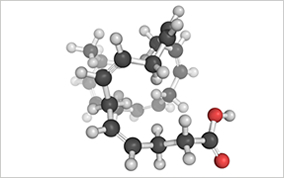 fatty acids
fatty acids
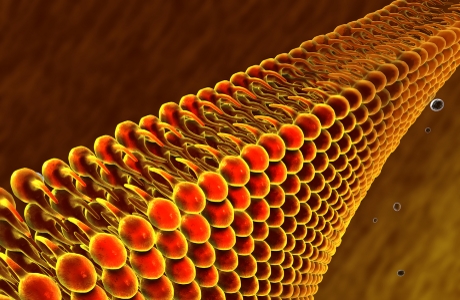 macronutrients
macronutrients
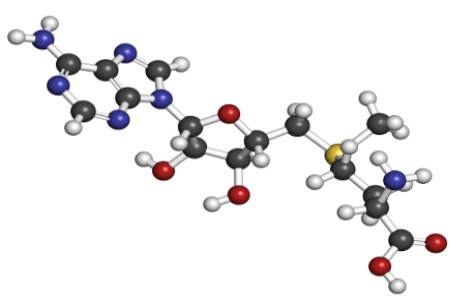 amino acids
amino acids


